Entrepreneur Profiles
Entrepreneur Profile: Adolfo Babatz, Co-founder and CEO, Clip
28 May 2014
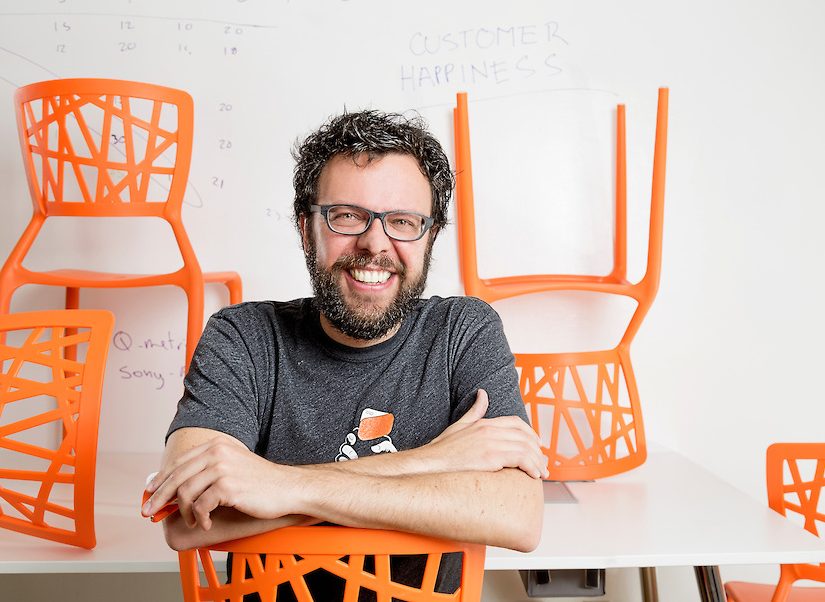
Adolfo Babatz, Co-founder and CEO of Mexico City-based Clip, a mobile payment system, spoke with LAVCA about the fundamental misbalance between supply & demand in Mexico, where 90 million cards are issues to a minimal 450,000 POS terminals.
LAVCA: Please summarize your business. Why is Mexico an ideal market for Clip and what features make this product unique for local users?
Babatz: Clip allows any person, business or developer to monetize their business via our apps, hardware & mobile libraries. Our current efforts are focused on providing complete card acceptance, including fraud management, to small & medium merchants.
Mexico is an ideal market for Clip because of two reasons: the first is that there is a fundamental misbalance between supply & demand, where the demand is the 90 million issued cards and supply the miserable 450k POS terminals installed throughout the country. POS penetration is extremely low.
The second reason is that traditional service providers have deeply neglected user experience, from the moment of first contact all the way to the resolution of problems. At Clip, we aim to provide an extraordinary level of service to our clients because we believe that is the key to making Clip an incredibly successful company.
LAVCA: What is your background? Where are you from and where are you based now?
Babatz: I have done a bit of everything. I started my career as a consultant for Arthur Andersen, after a couple of projects I decided to leave and after a brief period of uncertainty joined Grupo Desc (now called Grupo Kuo), one of Mexico’s largest industrial conglomerates. There I worked for the office of the Executive VP and worked my way up to become an advisor to the CEO where I provided economic and political analysis for the company. From there, Luis (Desc CEO) took me with him to open the office of The Carlyle Group in Mexico. I spent almost three years at Carlyle learning all sorts of very useful stuff (from signing the office lease space to company valuations, to building pitch decks…)
In 2006 I left Carlyle to study my MBA at MIT where I ditched all the finance stuff and started working at projects at the Media Lab and getting into Information Economics and Entrepreneurship. As part of coursework, I spent a month working for a very interesting company in Turkey called Pozitron that did mobile payments (this is pre-iPhone). If I only new, this company would be acquired for over $100 million a few years later…. After MIT I joined PayPal to start opening up Latin America (employee #3 for the region). I spent almost two years opening up the Mexico business and after we had a team in place I moved to a new product development and marketing role. I spent almost a year working on PayPal’s first ever design-thinking based product. I can say without doubt those months were what changed forever how I see products and services.
In 2012 I left PayPal to start Clip with my co-founder, Vilash. I am currently torn between Mexico and San Francisco, as Clip has offices in both cities.
LAVCA: Why is Silicon Valley an important location for Clip?
Babatz: Access to talent. There is simply no parallel anywhere in the world to the kind to talent that you get in the Valley. This is especially important in an industry like payments where an incredibly amount of variables have to be considered when launching a product. We strongly believe our software architecture and hardware will make us win in the long run and that is already starting to show.
LAVCA: Do you have plans to expand outside of Mexico? Which country/countries are most appealing?
Babatz: Yes we do have plans. However we are big, big believers in focus. Some technology companies usually go abroad with a half cooked product for the markets they are entering and as a result they command the third or fourth place wherever they go. We don’t. It’s sexy and appealing to be in many countries but it is better to dominate one market (Apple is the best example of this). Focus always wins.
That being said, the countries that are appealing are the ones where companies, individuals or developers have substantial problems monetizing their business. Most enterprises in emerging markets face this problem. We won’t go into a country where our product is going to perform as a vitamin or as an aspirin. Only if we are the truly painkiller is that we will go in, like in Mexico.
LAVCA: What financing have you received thus far? From whom? How have you/do you plan to use the financing?
Babatz:
Seed round: US$1.5m
Convertible note: US$1.6m
The money has been used and will continue to do so for:
a) Product development (hardware & software)
b) Sales & business development
c) Customer happiness
LAVCA: What is your view on the entrepreneur/investor relationship? What do you look for in an investor? What do you try to avoid?
Babatz: An investor is like your significant other, same as your co-founder and pretty much your entire first hires. You first need to go over a process of falling in love (pitching & due diligence), getting married or moving in together (getting money into the bank) and maintaining the relationship and making it deeper and more engaging. We have formed a close partnership with our investors and we see them as another part of the team. I can say confidently that if it weren’t for our investors, Clip wouldn’t be where it is today.
We like VC’s that get deeply involved with the company all the way from an operations perspective to product discussions. We love VC’s that are former entrepreneurs (the ones that have failed usually provide the best advice). And finally, we love direct and straight feedback, no BS.
We avoid: big egos and dumb money.
LAVCA: What resources have you used in your search for financing?
Babatz: Everything. Family, friends, former employers, former bosses, early stage funds, family offices. Every single one of these has invested in Clip. Probably the only one we are missing is crowdsourcing.
LAVCA: Who do you view as your biggest competition in this space?
Babatz: Cash is our biggest, meanest and dirtiest competitor. It commands a market share of over 85%, is deeply entrenched in consumers and businesses minds and it has been in the market forever. Switching costs are very high for merchants and the installed based they have (cash registers) makes Windows look like a child’s game. It’s a formidable competitor.
LAVCA: Dealing with payments, what challenges have you had to face when it comes to security?
Babatz: There are a couple of things you absolutely need to get right when you are launching a payments company: fraud management and information security. Our first focus was on making sure we got information security right. We are the only company in the market that manufactures its own device with proprietary encryption keys. Everyone else is using an off-the-shelf product that if for any reason the encryption keys are compromised it will mean they need to replace the entire installed base, i.e., there will be a massive security breach. With the approach we have taken exposure is very limited, making sure we protect our user’s information.
At Clip most of us have a payments background from a Silicon Valley company (PayPal, PlaysPan and Visa), so fraud management is very close to our heart. We have implemented all our learning from both the card-present and card-not-present world and have created a quite unique system that allows for massive merchant onboarding with very effective controls without disrupting the checkout process of our clients.
LAVCA: Where do you see your company in five years?
Babatz: Clip will be the operating system for Mexico’s commerce. Our target is to become Mexico’s #1 merchant acquirer by providing advanced monetization solutions to all our users via our hardware, apps and libraries. We are building the basic infrastructure the country needs to become much more efficient when it comes to commerce between people and companies.
You may be interested in...
-
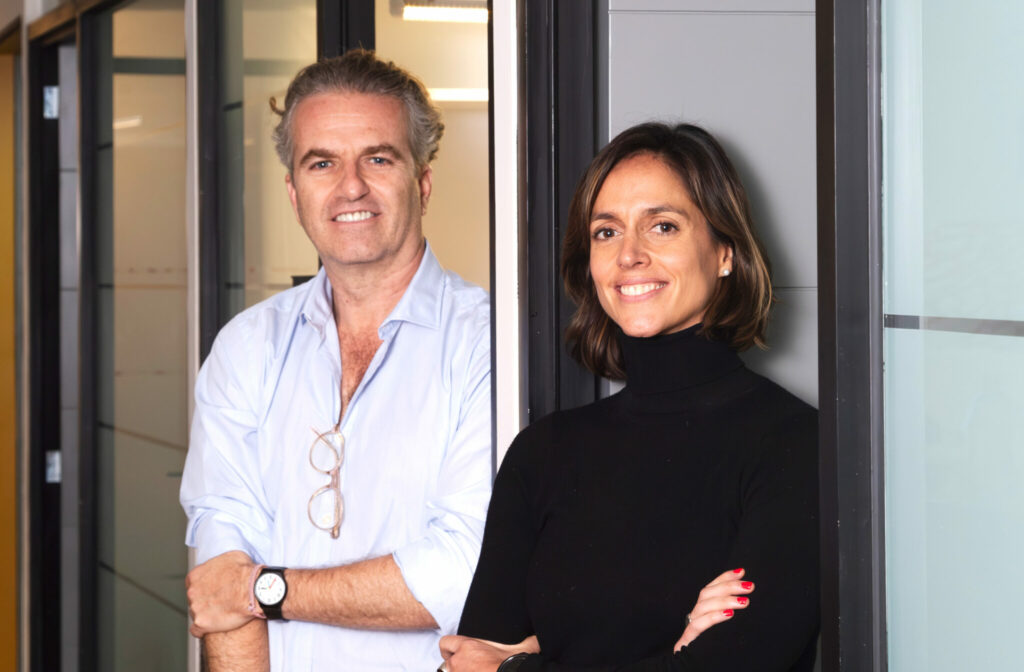
Is AI a Thing in Latin America? In Conversation with Hi Ventures
LAVCA sits down with Hi Venture to discuss their evolving thesis and vision for...
-
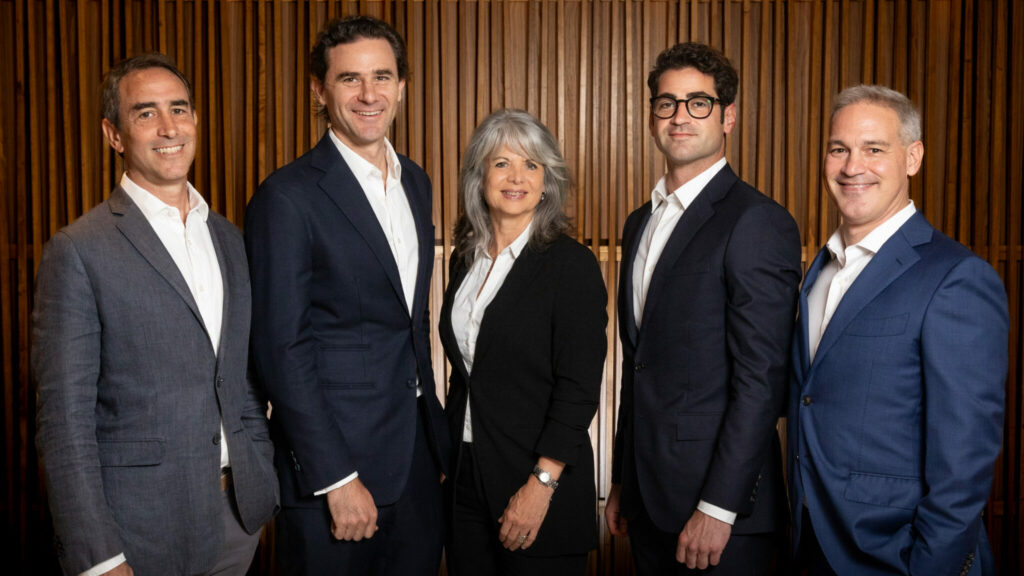
The Future of B2B Startup Investing in LatAm: In Conversation with NXTP
NXTP Ventures recently reached a USD98m final close for NXTP Fund III, its third...
-
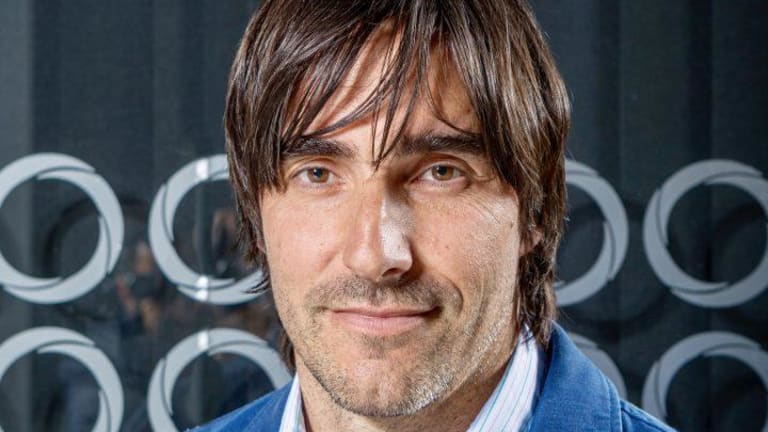
A 20-Year Journey: An Interview with Technisys CEO Miguel Santos
Company: Technisys Investors: KASZEK, Dalus Capital, Riverwood Capital Interview...
-
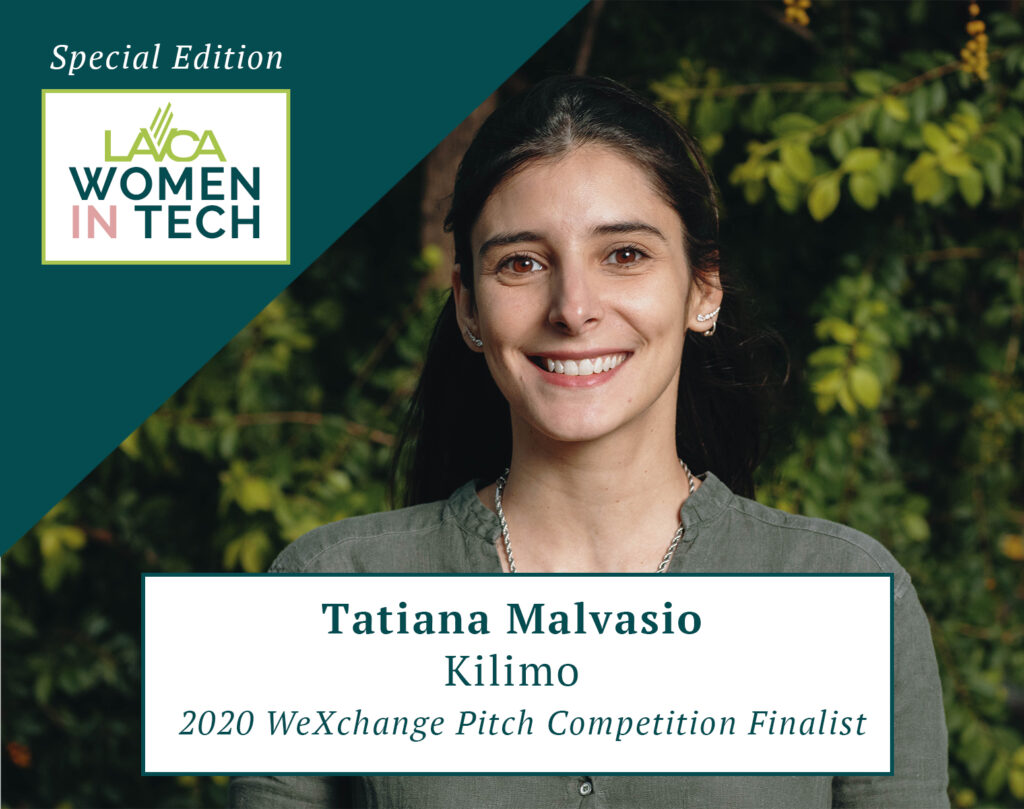
Satellite Analytics & Irrigation Systems: Interview with Kilimo COO Tatiana Malvasio
Company: Kilimo Investors: NXTP Ventures, Alaya Capital, The Yield Lab, Xpand...